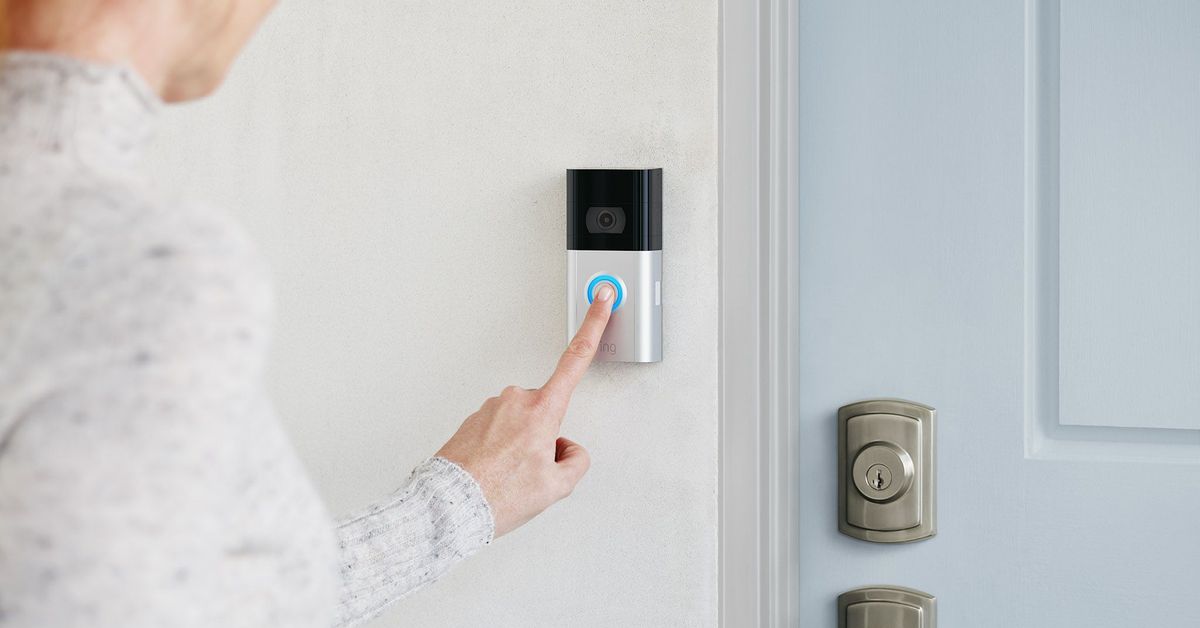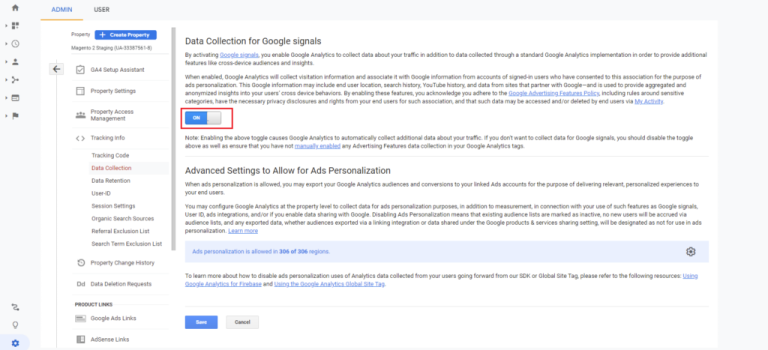
Despite what you might think (or were told), your Amazon Ring camera might be giving video data to police without your knowledge or consent.
Massachusetts Sen. Ed Markey revealed on Wednesday — during Amazon’s Prime Day event — that Amazon admitted to sending footage to police without a court order or users’ permission 11 times this year alone. While the number is relatively small, this is also the first time the company has said that it released data this way, according to Politico. It’s also a reminder that if your data is out there and under the control of someone else — Amazon, for instance — you have little or no say over whether law enforcement gets it.
Markey has been concerned about Ring’s partnerships with law enforcement and privacy issues for years. “As my ongoing investigation into Amazon illustrates, it has become increasingly difficult for the public to move, assemble, and converse in public without being tracked and recorded,” he said in a statement.
His concerns are not unfounded: Amazon’s partnership with law enforcement agencies, which gives them access to its portal to request user data, has greatly expanded since its inception. There were 405 police departments in the program in August 2019. There are now 2,161.
But the police’s access pales in comparison to Amazon’s. The company also has vast sets of data on what we buy and where we live, and has a burgeoning ad business that uses your data to target ads to you on Amazon and beyond. The company also recently rolled out Amazon Sidewalk, a controversial service that connects certain Echo and Ring devices to each other unless the user opts out. It all adds up to a massive and powerful conglomerate that knows more about many of us than just about any other company — including who’s on our doorsteps or strolling past our homes.
The Ring camera footage was sent in response to emergency requests, which are supposed to be made only when there’s a belief that serious harm or death will result if the footage isn’t released immediately. Police request the data, but it’s up to Amazon to decide whether to release the footage, as well as if the request is legitimate. Bloomberg recently revealed that people pretending to be law enforcement have been able to trick companies, including Meta, Apple, and Google, into giving them data this way.
“There will always be reasons why, in emergency situations, authorities might seek live access to cameras but people have the right to be skeptical when police and Ring, behind closed doors, get to decide what reasons meet a threshold of an ‘emergency’ and allow police to get warrantless access to their personal devices,” Matthew Guariglia, policy analyst at the Electronic Frontier Foundation, told Recode. Guariglia recommended that users turn on Ring’s end-to-end encryption feature if they’re concerned about police having unfettered access to their data.
Ring says in its law enforcement guidelines, which are buried in its support documents, that it may send footage to law enforcement in case of emergencies. Ring also sends user data and footage to law enforcement in response to court orders, as does every company that has data for police to get. Amazon recently revealed that it received more than 3,100 legal demands for data in 2021, an increase of 65 percent from the year before. The reports did not say how many of those demands the company provided responses to. While Ring says it tells users if law enforcement requests their information, it may be legally prohibited from doing so. Users were only notified of about 648 requests.
Amazon also said that while customers have the option of turning audio recordings off during video recording, it would not make that the default because customers may never look at their settings to know to turn it on. Which, by extension, means many customers don’t look at their settings to know that audio can be turned off. The company also told Markey that Ring “does not currently offer voice recognition.” That’s not a commitment to never offer it in the future, which Markey had asked for.
“Increasing law enforcement reliance on private surveillance creates a crisis of accountability, and I am particularly concerned that biometric surveillance could become central to the growing web of surveillance systems that Amazon and other powerful tech companies are responsible for,” Markey said.
Ring spokesperson Brendan Daley told Recode that Ring doesn’t offer “unfettered access” to customer data to anyone, including law enforcement.
“The law authorizes companies like Ring to provide information to government entities if the company believes that an emergency involving danger of death or serious physical injury to any person, such as a kidnapping or an attempted murder, requires disclosure without delay,” the spokesperson added. “Ring faithfully applies that legal standard.”
For years, Amazon has talked up its Ring smart doorbell and security system partnerships with police departments across the country. Although privacy advocates worried that Amazon was creating its own national surveillance network, Amazon maintained that Ring was a way for customers to feel more safe and secure in their own homes. And while Amazon offered police departments a portal through which they could access users’ Ring device footage when they deemed necessary, the company assured users that police could only get that footage with the users’ knowledge and permission. That’s never been entirely true, as the company’s letter to Markey made more apparent than ever.
Legislators and regulators have tried to rein Amazon in, but there seem to be significant limits on what they can actually do or how effective those measures will be. If the government and agencies won’t or can’t protect consumers’ privacy, Amazon gets to decide how and when to do so, and its business interests are in the data it collects and uses. And that leaves it to the consumer to decide if giving their data up to Amazon is worth the convenience of the products and services it sells in exchange.
Update, July 13, 6:30 pm ET: This story has been updated to include Amazon’s statement.






